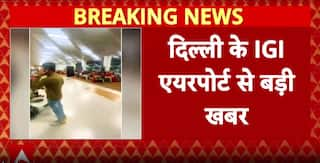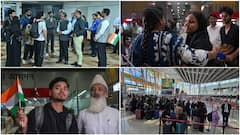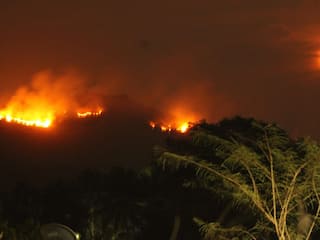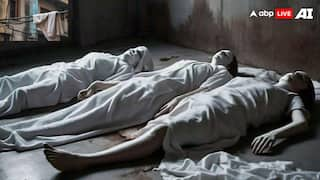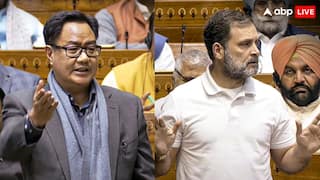Starvation Deaths In North Korea As Experts Call Food Crisis Worst In Decades: Report
North Korean experts say that the food shortage crisis in the country is one of the worst since the 1990s famine and could lead to instability in the country if the Kim regime doesn’t tackle the problem.
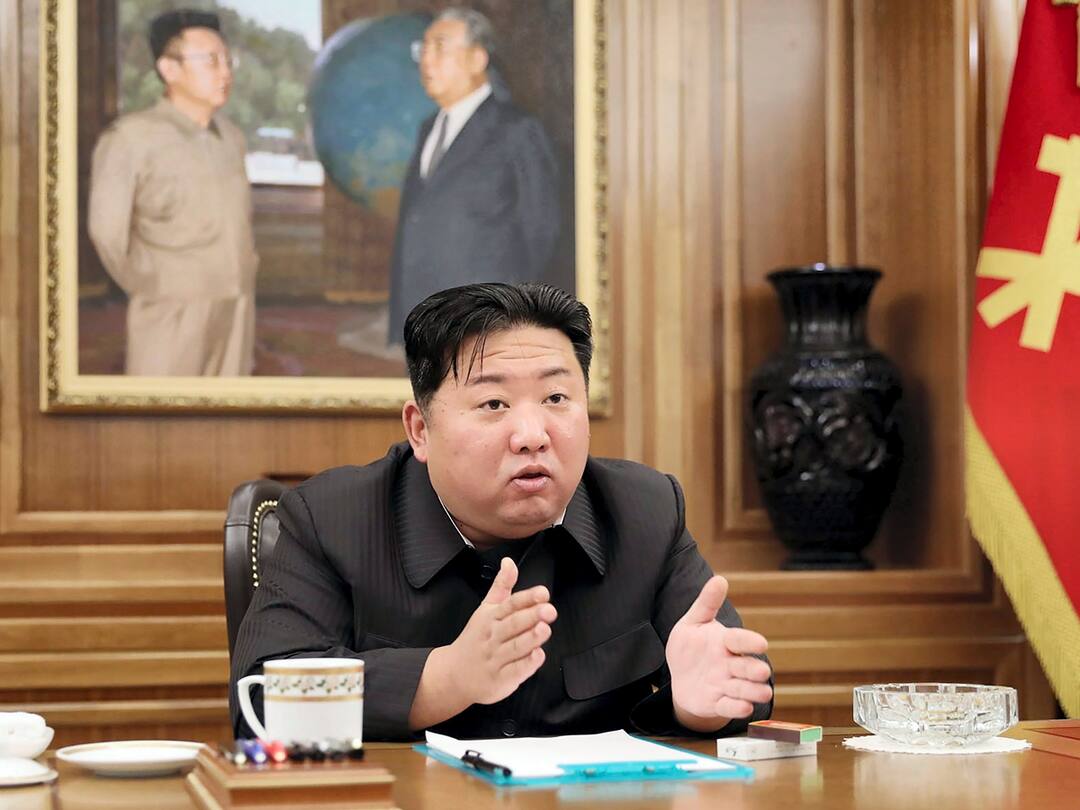
New Delhi: North Korea is seeing widespread hunger with people dying of starvation as the country suffers one of its worst food crises in decades due to its international isolation and natural disasters that have damaged crops, reports say. According to South Korean officials, the North Korean regime held an urgent meeting on agriculture and the economy which is a rare instance and indicates the seriousness of the issue.
The Wall Street Journal cited state media as reporting that during the four-day plenary meeting, North Korean autocrat Kim Jong Un directed officials to resolve the food-shortage woes with better farming equipment and scientific techniques. It didn't reveal if Kim mentioned any specific policies but stated that he called for a fundamental overhaul in agricultural production to mark a turning point in the country’s prosperity.
ALSO READ | Cancerous Skin Lesion Was Removed From US President Joe Biden's Chest Last Month, Says Doctor
The Wall Street Journal's report said that it is unlikely for North Korea to face mass starvation on the scale seen in the 1990s when the country struggled to cope with the end of support from the Soviet Union. However, it cited South Korea’s unification ministry as saying that there are reports of deaths due to starvation.
The report further mentioned North Korean experts as saying that the crisis is one of the worst since the 1990s famine and could lead to instability in the country if the Kim regime doesn’t tackle the problem.
With a population of 26 million, North Korea has struggled to produce enough food for its people for decades because of its policy of international isolation coupled with economic mismanagement and natural disasters.
The situation is reported to have worsened in recent months as border restrictions were enforced during the Covid-19 pandemic while floods and droughts that hit the country last year had also hurt harvests.
“Food insecurity will lead to increased distrust in the regime and the plenary session is aimed at showing the government is serious about resolving the food issue,” said Kwon Tae-jin, a senior economist specialising in North Korean agriculture at the GS&J Institute, a think tank in South Korea, as quoted by the Wall Street Journal.
Last year, a report published by the Food and Agriculture Organization of the United Nations said that over 10 million North Koreans suffered malnourishment and hunger during the pandemic, 41% of the population was undernourished between 2019 and 2021. About one-fifth of North Korean children are reported to be suffering from impaired growth.
Another factor in the situation is North Korea's elaborate spending on the military, it spends nearly a quarter of its Gross Domestic Product (GDP) on its military, as per U.S. State Department estimate cited by the WSJ report.
According to estimates by the Korea Institute for Defense Analyses, a state-run think tank in Seoul, the autocratic regime spent between $340 million and $530 million on ballistic missile launches last year, enough to cover costs for several months of food supplies for the country's population.
Even members of the military, the Kim regime’s most loyal support base, didn’t receive food rations for their families for some months last year, Lee Sang-yong, who runs the Seoul-based news website Daily NK, said, as per the report.
The North Korean autocrat's recent appearances with one of his three children, daughter Kim Ju Ae, could be to garner support for his regime amid the food shortage woes.
South Korea’s unification minister, Kwon Young-se, told lawmakers in February that North Korea requested help from the U.N. World Food Program, the WSJ reported.
Meanwhile, North Korea rejected humanitarian assistance from the U.S. and South Korea, it added.













